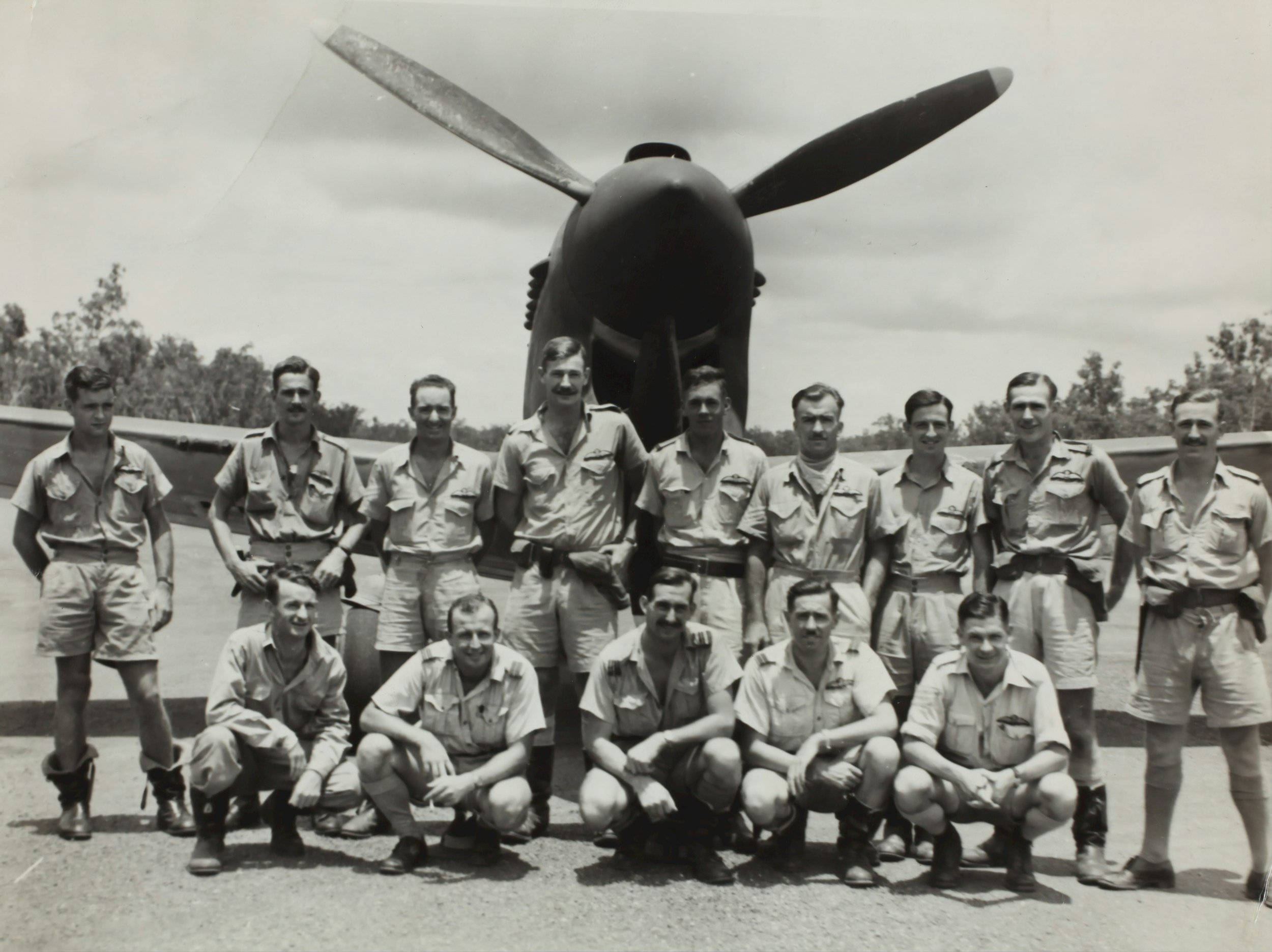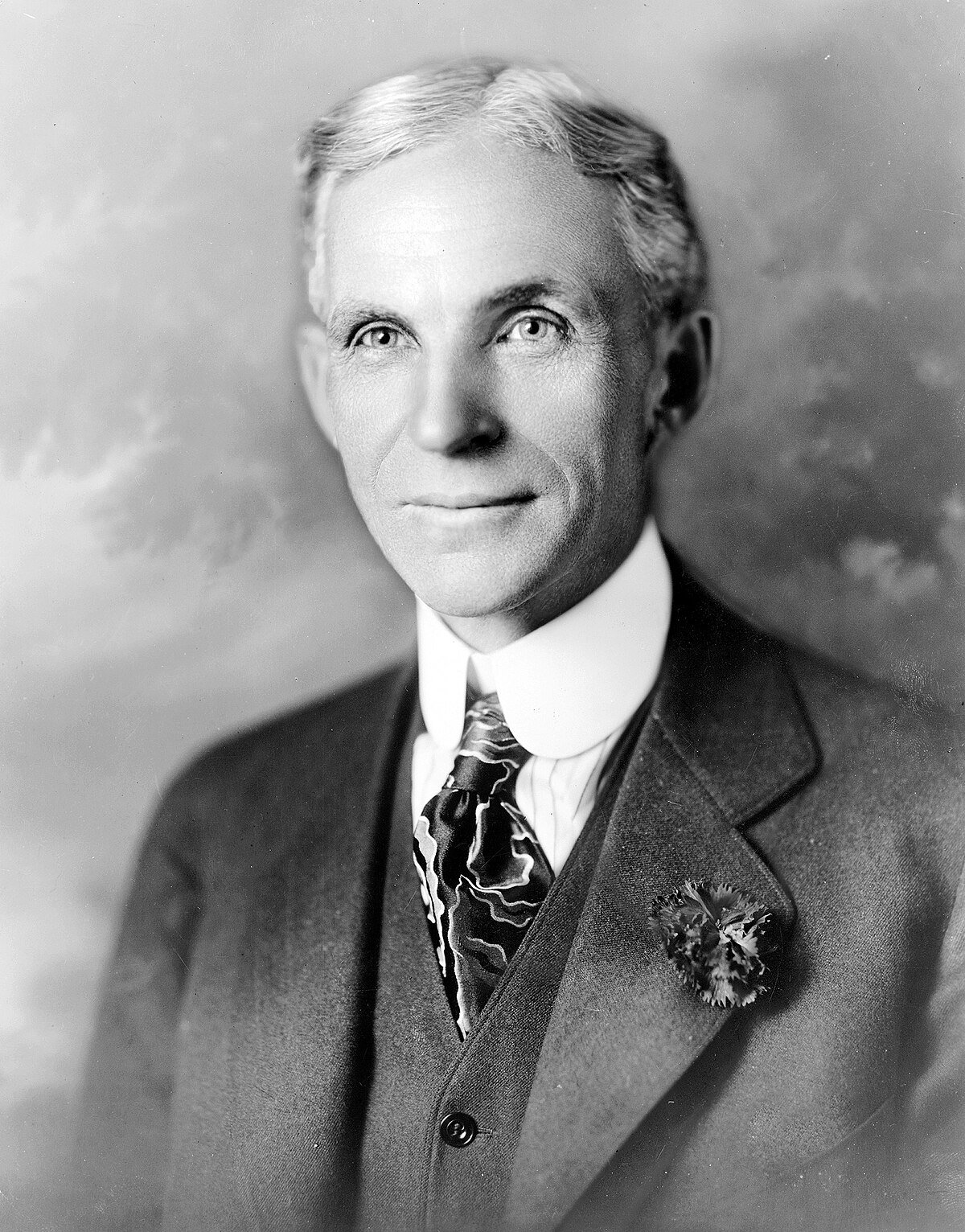Abraham Wald and Survivorship Bias: A Life-Saving Insight
Abraham Wald's story is a remarkable illustration of how questioning assumptions can lead to life-saving insights. His experience during World War II highlights the significance of understanding data correctly, especially in the context of military strategies. Today’s blog will delve into his life, the concept of survivorship bias, and the lessons we can learn from his analytical approach.
Who Was Abraham Wald?
Born in 1902, Abraham Wald was a brilliant mathematician who fled Nazi persecution and settled in the United States. His expertise in statistics paved the way for significant contributions during World War II. Wald joined a statistical research group at Columbia University, where he worked on military-related problems. His role was critical in addressing one of the pressing challenges of the time: the high number of downed aircraft.
The Military's Dilemma
As the war raged on, the military faced a troubling issue: many aircraft were not returning from missions. To tackle this, the military began to analyse the bullet damage on planes that did return. They noted that the majority of bullet holes were concentrated in the wings and the tail of the aircraft. The logical conclusion drawn by military high command was to reinforce these areas to enhance the planes' chances of survival.
Wald's Revolutionary Insight
However, Wald's perspective challenged this conventional wisdom. He proposed a counterintuitive solution: instead of reinforcing the wings and tail, the military should focus on armouring the engines. This recommendation stemmed from his understanding of survivorship bias. Wald recognised that the military was only analysing the planes that returned, overlooking those that had been shot down.
The bullet holes on the returning planes indicated areas that could sustain damage and still make it back. In contrast, the planes that had been shot down likely bore damage in different locations in places that were not identified in the analysis. This insight had profound implications for aircraft design and military strategy, ultimately saving countless lives.
Understanding Survivorship Bias
Survivorship bias occurs when we focus on successful outcomes while ignoring failures. It leads to skewed perceptions and can result in flawed decision-making. Wald's story serves as a reminder of the importance of considering the complete picture, including failures that are often overlooked.
In many fields, including business and healthcare, survivorship bias can distort our understanding of success. For example, entrepreneurs often cite successful start-ups as models for success, neglecting the numerous businesses that failed. . This narrow focus can lead to unrealistic expectations and hinder individuals from learning from their past mistakes. By overlooking important lessons, it becomes harder for us to grow and improve.
Lessons from Wald's Analysis
Wald's analysis underscores several critical lessons:
Question Assumptions: Wald's ability to question the military's assumptions about the returning planes allowed him to see the bigger picture. In any analysis, it is essential to challenge existing beliefs and consider alternative viewpoints.
Look Beyond Success: Focusing solely on success stories can lead to a narrow understanding of reality. It is crucial to learn from failures and recognise that they often provide valuable insights.
Data Completeness: Understanding the limitations of the data at hand is vital. Wald's conclusion was based on a comprehensive analysis that included the context of the missing data on those planes that did not return.
The Impact of Wald's Work
Wald's insights had a lasting impact on military strategy and aircraft design. By shifting the focus to areas that were vulnerable, the military could enhance the safety of their aircraft. His work remains a powerful example of how analytical thinking can change outcomes and save lives.
As we reflect on Wald's legacy, we can apply his principles to various aspects of our lives. Whether in business, healthcare, or personal decision-making, the ability to question assumptions and seek a broader understanding will lead to better outcomes.
Embracing Failure as a Learning Tool
In a society that often celebrates success, it is essential to remember the value of failure. As Henry Ford famously said, “Those who never make mistakes work for those of us who do.” Embracing failure as a learning opportunity can foster innovation and growth.
By examining the stories of those who did not succeed, we can gain insights that are often overlooked. This approach not only helps in avoiding similar mistakes but also encourages resilience and adaptability.
Conclusion
Abraham Wald's story is a testament to the power of analytical thinking and the importance of questioning assumptions. His insights into survivorship bias have shaped military strategies and can inform our decision-making processes today. As we navigate our challenges, let us remember to look beyond the surface, consider the complete picture, and learn from both successes and failures.
In a world that often prioritises success, Wald's legacy reminds us that the greatest insights often come from examining what lies beneath the surface where no one else is looking.
FIND OUT MORE
GRAB YOUR COPY OF THE BOOK 'HOW TO OVERCOME THE BULLY IN YOUR BRAIN'


